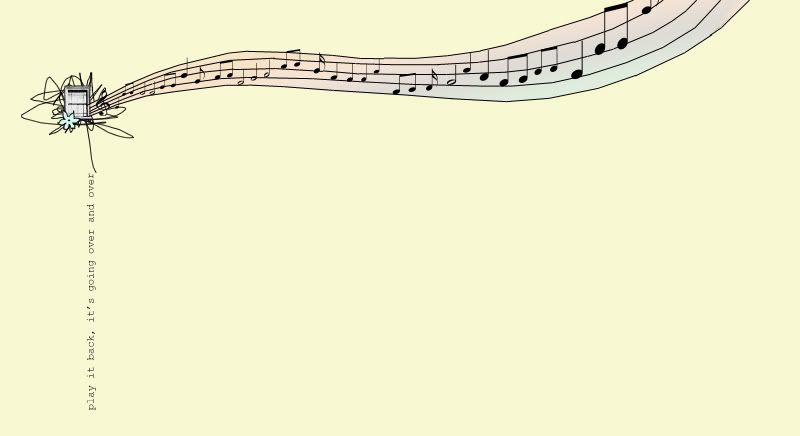Saturday, May 9, 2009
GOOD PERFORMANCE(:
A musician must be a stubborn optimist who is willing to spend hours, weeks, even months on the dull problems of technique.
In a performance, the heart, mind, and hands must all work together.
The heart should be filled to overflowing with wonder and beauty; the mind must learn to communicate these emotions; the hands must obediently, and under all conditions, execute the musical ideas that heart and mind command.
We must be able to imagine every tone, every phrase, the whole composition as we wish it to sound and we must be able to project the piece so that the listener receives precisely the impression we wish to create.
We must practise in order to develop flexibility, sensitivity and maximum mastery of our instrument. We practise to become competent, which in turn, if we concentrate, will make us confident.
Alfred Cortot once said, "Music is poetry. Once you have played, it's over. You can never express the same thing twice in the same way."
The first rule of practising is to 'LISTEN' and to learn from all sources with an open, investigating mind and with the determination to make a piece 'sound right' regardless of the means required to achieve this end.
We must think of our instruments as part of us - an extension of our equipment to express musical thought. We cannot play for an audience unless, or until, we have confidence in ourselves
Concentrate for the full length of the musical line, without interruption.
Determine the mood to be expressed and make every detail point towards it.
Find the focal point or climax of a phrase or section in order to give direction to your musical thought.
You must also, at all times, give the music direction - make it 'go' somewhere. A melody without direction is purposeless. Every sound must be beautiful.
Always use the imagination to help create a mood. When a musician uses their imagination, they stop playing mere notes - they make music.
"Never must your fingers stand in the way of your artistic interpretation,"
Imagine yourself as the audience
Don't get discouraged during any part of the learning process. "The darkest hour is that before the dawn." DONT GIVE UP!(:
Hope this helps.(don't ask me where i got this)
alfred
posted @ 12:44 PM

